 By Ward Churchill
By Ward Churchill
Thanksgiving is the day the United States celebrates the fact that the Pilgrims of Plymouth Colony successfully avoided starvation during the winter of 1620-21.
But from an American Indian perspective, what is it we’re supposed to be so thankful for?
Does anyone really expect us to give thanks for the fact that soon after the Pilgrim Fathers regained their strength, they set out to dispossess and exterminate the very Indians who had fed them that first winter?
Are we to express our gratitude for the colonists’ 1637 massacre of the Pequots at Mystic, Conn., or their rhetoric justifying the butchery by comparing Indians to “rats and mice and swarms of lice”?
Or should we be joyous about the endless series of similar slaughters that followed: at St. Francis (1759), Horseshoe Bend (1814), Bad Axe (1833), Blue Water (1854), Sand Creek (1864), Marias River (1870), Camp Robinson (1878) and Wounded Knee (1890), to name only the worst?
Should we be thankful for the scalp bounties paid by every English colony — as well as every U.S. state and territory in the lower 48 — for proof of the deaths of individual Indians, including women and children?
How might we best show our appreciation of the order issued by Lord Jeffrey Amherst in 1763, requiring smallpox-infested items be given as gifts to the Ottawas so that “we might extirpate this execrable race”?
Is it reasonable to assume that we might be jubilant that our overall population, numbering perhaps 15 million at the outset of the European invasion, was reduced to less than a quarter-million by 1890?
Maybe we should be glad the “peaceful settlers” didn’t kill the rest of us outright. But they didn’t really need to, did they? By 1900, they already had 98 percent of our land. The remaining Indians were simply dumped in the mostly arid and unwanted locales, where it was confidently predicted that we’d shortly die off altogether, out of sight and mind of the settler society.
We haven’t died off yet, but we comprise far and away the most impoverished, malnourished and disease-ridden population on the continent today. Life expectancy on many reservations is about 50 years; that of Euroamericans more than 75.
We’ve also endured a pattern of cultural genocide during the 20th century. Our children were processed for generations through government boarding schools designed to “kill the Indian” in every child’s consciousness and to replace Native traditions with a “more enlightened” Euroamerican set of values and understandings.
Should we feel grateful for the disastrous self-concept thereby fostered within our kids?
Are we to be thankful that their self-esteem is still degraded every day on cable television by a constant bombardment of recycled Hollywood Westerns and television segments presenting Indians as absurd and utterly dehumanized caricatures?
Should we tell our children to find pride in the sorts of insults to which we are subjected to as a matter of course: Tumbleweeds cartoons, for instance, or the presence of Chief Wahoo and the Redskins in professional sports?
Does anybody really believe we should feel honored by such things, or by place names like Squaw Valley and Squaw Peak? “Squaw,” after all, is the Onondaga word for female genitalia. The derogatory effect on Native women should be quite clear.
About three-quarters of all adult Indians suffer alcoholism and/or other forms of substance abuse. This is not a “genetic condition.” It is a desperate, collective attempt to escape our horrible reality since “America’s Triumph.”
It’s no mystery why Indians don’t observe Thanksgiving. The real question is why do you feast rather than fast on what should be a national day of mourning and atonement.
Before digging into your turkey and dressing on Nov. 24, you might wish to glance in a mirror and see if you can come up with an answer.
Ward Churchill was professor of ethnic studies at the University of Colorado at Boulder from 1990 to 2007. He’s the author of “A Little Matter of Genocide: Holocaust and Denial in the Americas, 1492 to the Present” (City Lights Books, 1998) and “Struggle For the Land: Indigenous Resistance to Genocide, Ecocide and Expropriation in Contemporary North America” (Common Courage Press, 1992).


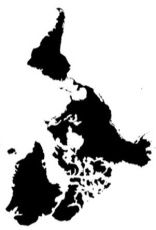

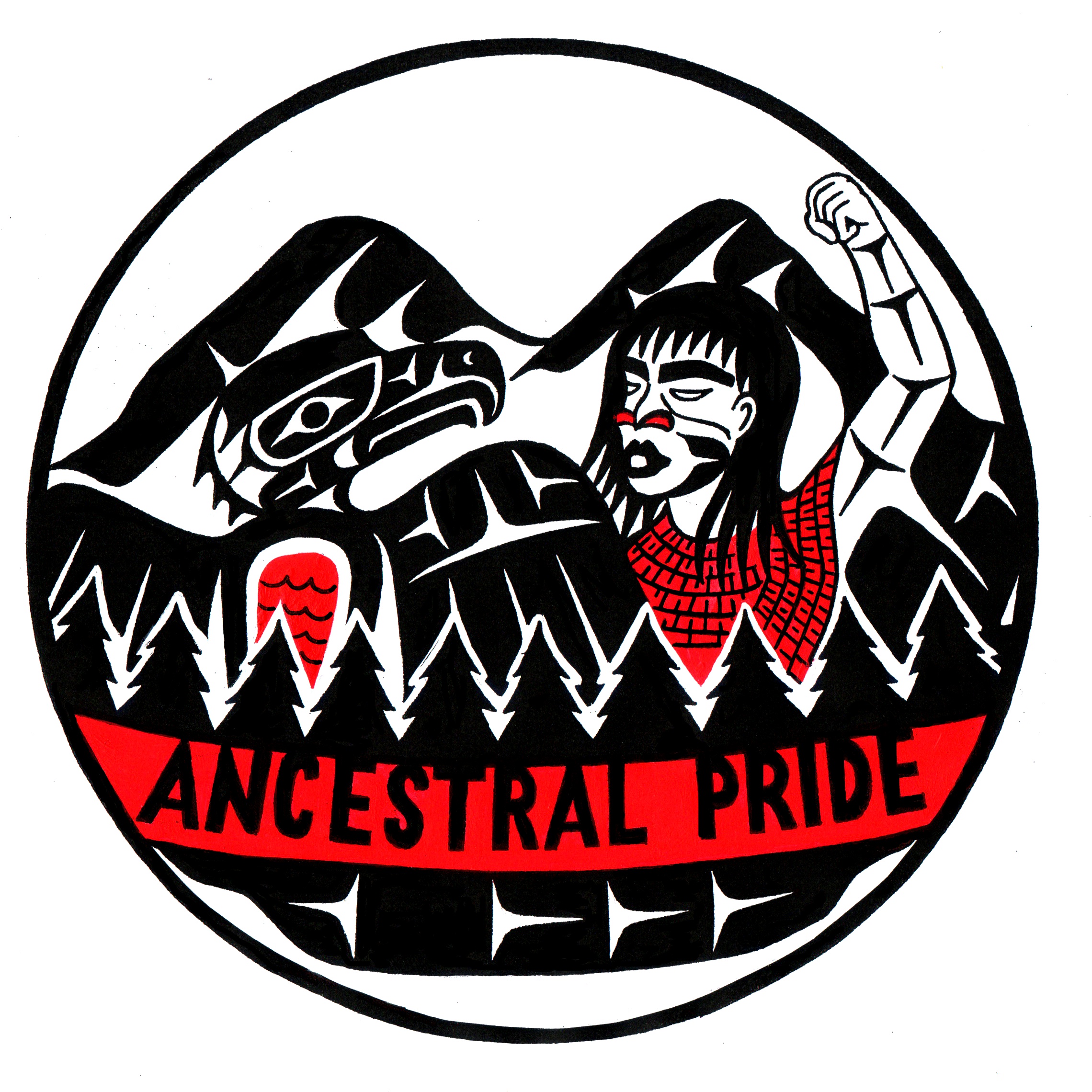

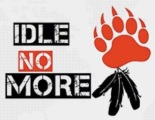



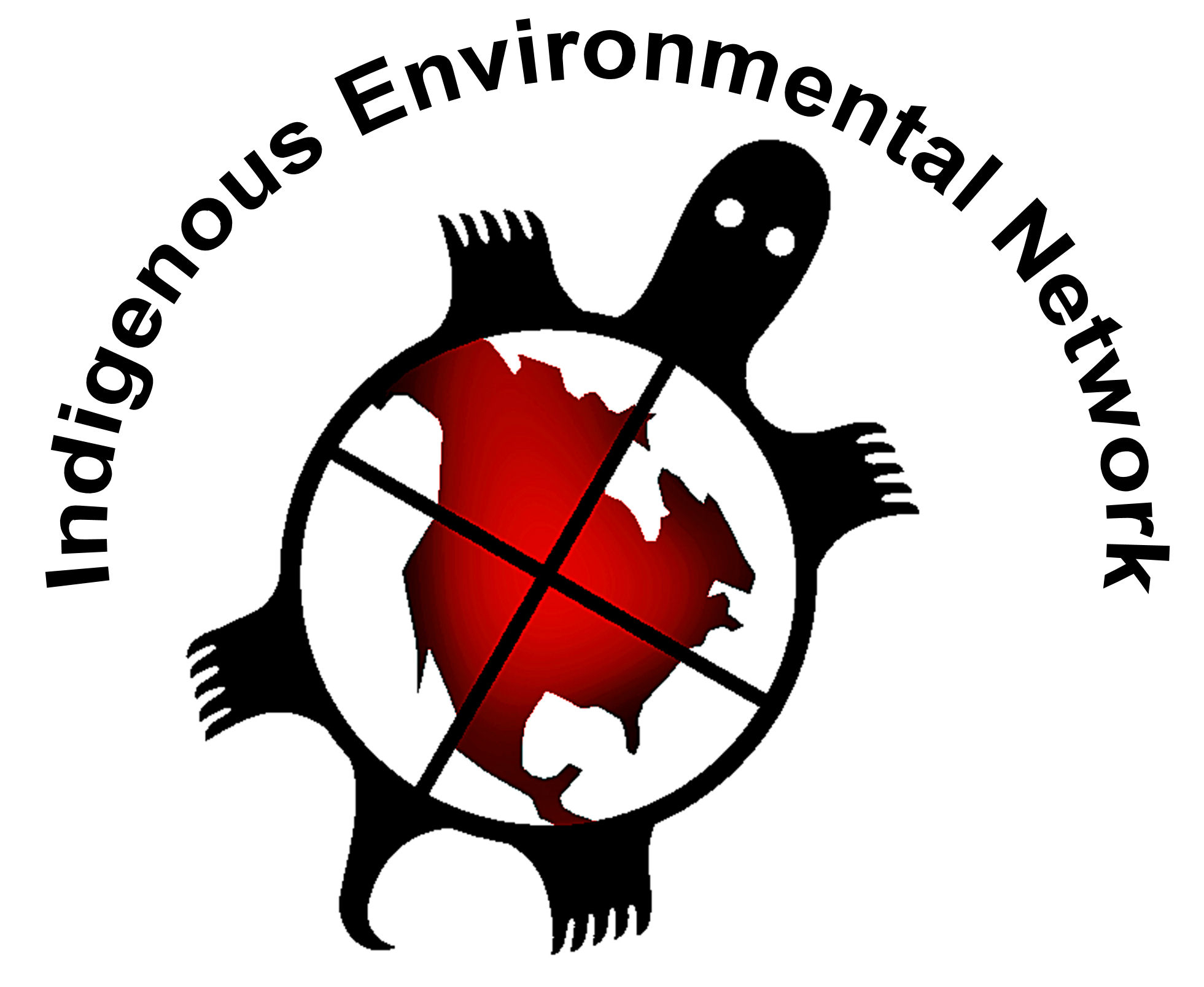


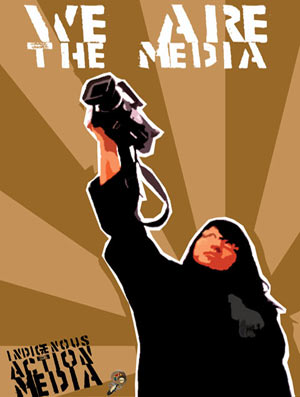





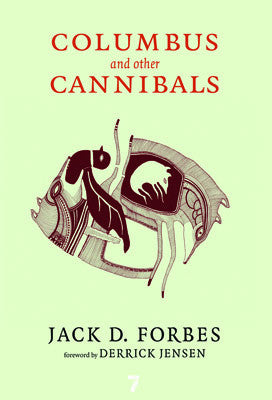
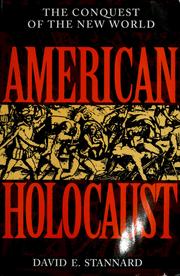






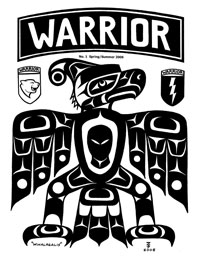


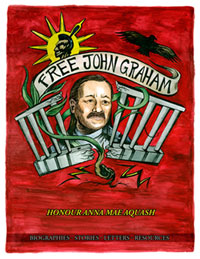



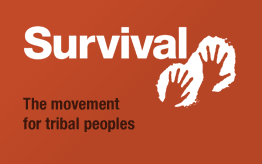


Thanksgiving is not a celebration that the pilgrims made it that first year. That’s where the holiday originated, but it’s not a celebration each year of that event. It’s supposed to be celebrated each year for each of us to be thankful for making it through the last year. I’m supposed to celebrate my own year and the last year of my loved ones. That’s what the holiday is. Yes we give a reference to the original one, but that’s not what we’re celebrating. And yes I’m thankful for that every day, but it’s really nice to have the entire family together to celebrate together.
I thought of a reason. Because I didn’t do it. It all happened over 100 years before I was born. And the reason the Reservations have these issues is because of their self govt. Look at the Seminoles. They thrive off the reservation. Most don’t live on it. You are deliberatley distorting the facts and doing so to entrench your position as a boo-hoo instructor.
The pre-euro inhabitants of this continent are just as capable of thriving off the res as anyone else. They are equal to the rest of mankind. I am Mormon, but you don’t hear us crying for having our people chased out of the US, robbed, beaten, raped, killed, and for our religious beleifs, not our warlike attitude as an occupied people.
Quit teaching WAAHH and start empowering your own people. Stupid. I’m thankful for the liberties I have left, the God that gave them to me, and my family. That is all.
the white man have inherit the sin’s of there forefather and the heavenly father did not forget there judgement.
Please help me learn more about the Native American value system that has been lost to the overcommodification in the Western civilization culture (borne of the Ice Age scarcity mentality)…I especially want to know about the differences between the economic system that is part of Western culture and how things were done differently among Native Americans.
I wish people would wake up and smell the very deception that they look up to. The natives have been treated unjust and poorly. Recently I heard that Izra Miller is helping one tribe buy back some of their land. Mind you their LAND. I do realize no one owns anything and that we are all ONE and should treat each other as so. Sadly, people are so selfish and are convinced that bringing the family about on Thanksgiving is a caring act. How? You show this false thanks one day then the next you go out and shop black Friday. I couldn’t imagine your thankfulness and your food consumption being sincere and real. How can you be thankful for what you have if you go out and shop and would run each over for material items! I could go on, wake up people.
No matter sentiments towards your family, you are celebrating on someone else’s land that has been stolen and from which you are benefiting. You are giving thanks for blessings of stolen resources. The attitudes defending the holiday are fraudulent. Demanding a pass reeks of unearned privilege and denial. Mormons live on Ute land, if I am not mistaken,and continue to profit off that theft. It might also be nice if American Indians were able to have their entire family together to celebrate – even all the birds, all the animals, the lost, once healthy ecosystems and environment, etc…But none of that counts anymore does it? The dismissive and unconscious attitudes of my countrymen are insulting, infantile and most definitely uncaring as is so much of what passes for their culture.
Pingback: What Really Happened at the First Thanksgiving? The Wampanoag Side of the Tale | Unsettling America
I give thanks to God for his goodness. For a harvest that should be sufficient to feed my family over the winter. For family.
Yes, we mourn for the sins of those who came before us, recognizing we have benefited from their evil deeds. It is a good time to share with those who are more needy.
Thanksgiving is a time for giving thanks, not a commemoration of some event of the 1600s,
Pingback: November 25th: Day of Action to Free Oso Blanco | Denver Anarchist Black Cross